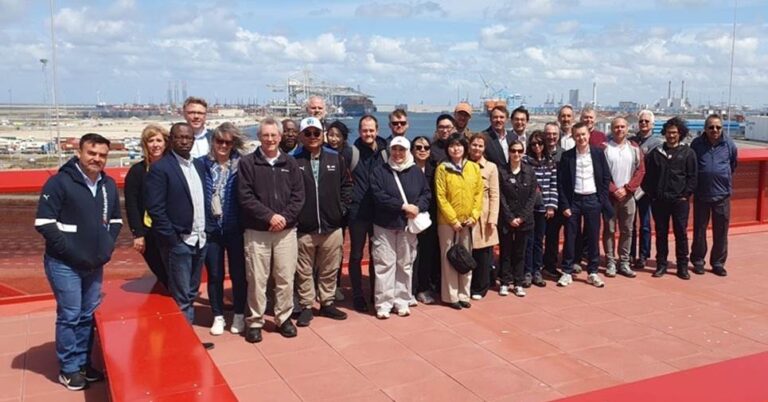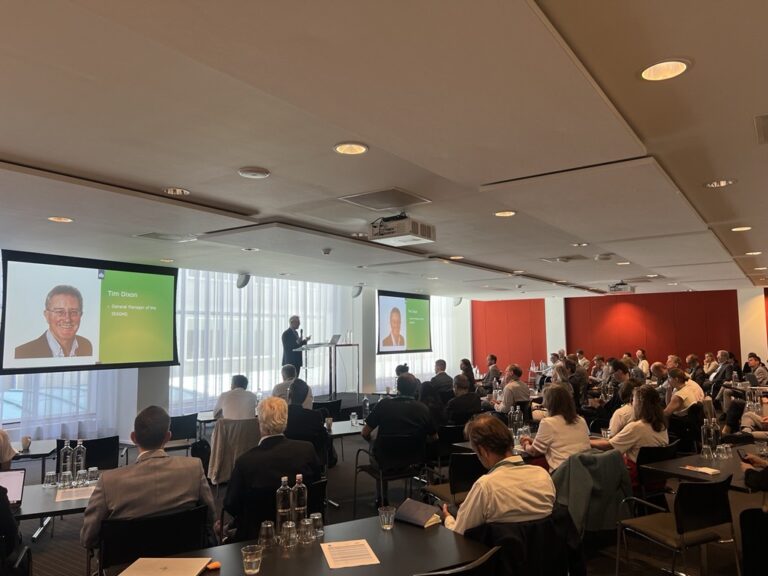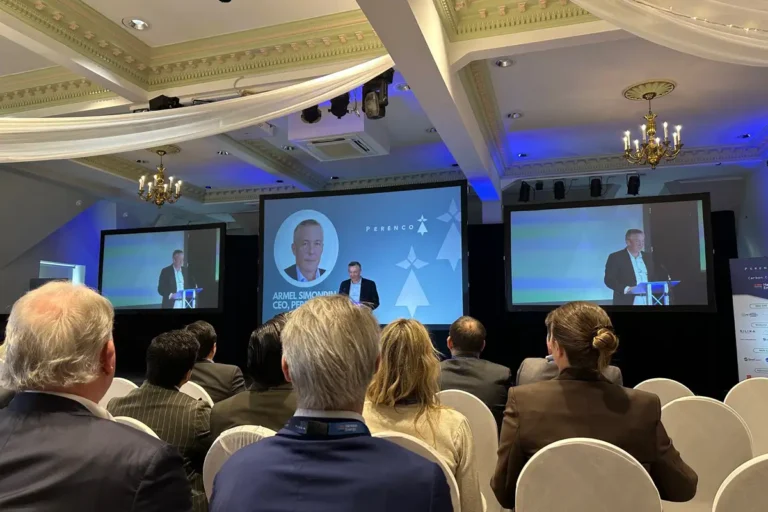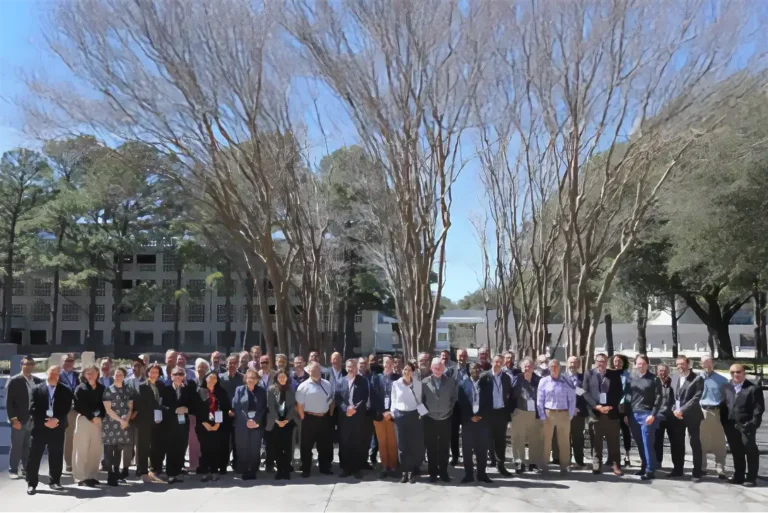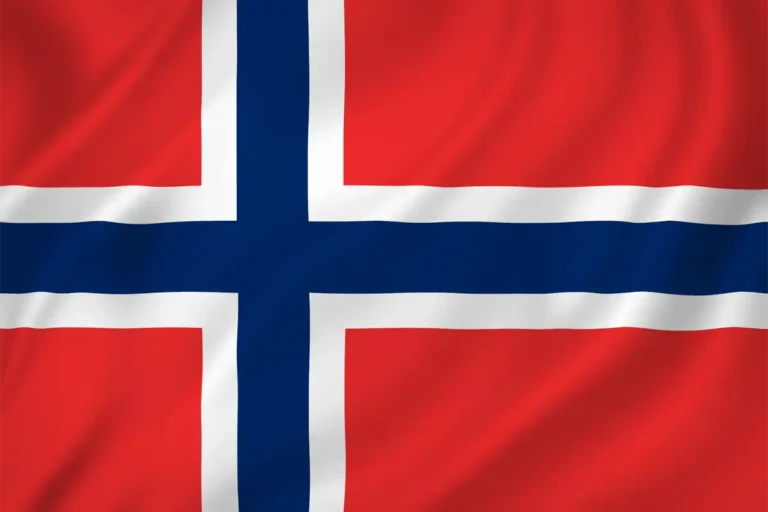
International Knowledge-Sharing Symposium in Trinidad and Tobago
31 October 2019

A symposium was held in Trinidad to assist with the development of a national CCS programme there. It was organized by the University of the West Indies (UWI), the University of Trinidad and Tobago (UTT), the Bureau of Economic Geology at the University of Texas (BEG), and IEAGHG. It was hosted by the UTT at their Energy Campus near Point Lisas on the 29-30 October. This is the industrial area with most of the country’s ammonia and methanol plant. These plant emit millions of tonnes pa of high-purity CO2 ready for capturing and transporting now.It was a pleasure to assist by bringing in international experiences with CCS, seeing how other countries have implemented CCS so that Trinidad and Tobago can decide how best to implement there. The attendees heard from Equinor, SANEDI, the International CCS Knowledge Centre, and BEG on the necessary aspects in the implementation of CCS projects and programmes, as well as from the UWI and UTT on their own work already done there on CO2 source identification, storage estimation, CO₂-EOR, and from the Ministry of Planning and Development on their national climate policy. This was rounded-off by talks on funding from the World Bank and from BEG on UNFCCC sources. The country certainly has great potential, with around 4mt pa of CO2 readily available now, and good storage geology offshore. Most significant of all was the senior Minister the Honourable Camille Robinson-Regis, Minister of Planning and Development, who gave the Featured Address and expressed a new and strong commitment to CCS. “Trinidad and Tobago can benefit through the use of carbon capture and storage as a means of CO2 emissions mitigation given our large heavy petrochemical sector as well as our history in enhanced oil recovery. The time is therefore ripe for us to conduct the necessary precise feasibility studies for CCS projects locally and for us to explore opportunities to leverage international support. The opportunities for technology transfer, and for Trinidad and Tobago to join the technology leaders in CCS and climate change mitigation is to be encouraged and supported”. IEAGHG provided a welcome and scene-setting talk on the global need and status of CCS around the world. Trinidad and Tobago is particularly important in UNFCCC as a Small Island Developing State.
The symposium was well attended, with around 70 participants from three government ministries, senior executives from local and international companies, senior staff from both universities, as well as media (making the national TV news that day). The second day included a visit to the Point Lisas industrial area to see first-hand the many CO2 sources there. Many thanks to BP and BHP for sponsoring the symposium catering, and to UTT for hosting. A report of the symposium will be produced in due course. This may be a small country but it has a big CCS potential!
 Tim Dixon with Minister Camille Robinson-Regis and Professor Andrew Jupiter
Tim Dixon with Minister Camille Robinson-Regis and Professor Andrew Jupiter

Other articles you might be interested in
Get the latest CCS news and insights
Get essential news and updates from the CCS sector and the IEAGHG by email.
Can’t find what you are looking for?
Whatever you would like to know, our dedicated team of experts is here to help you. Just drop us an email and we will get back to you as soon as we can.
Contact Us NowOther articles you might be interested in
Get the latest CCS news and insights
Get essential news and updates from the CCS sector and the IEAGHG by email.
Can't find what you are looking for?
Whatever you would like to know, our dedicated team of experts is here to help you. Just drop us an email and we will get back to you as soon as we can.
Contact Us Now

